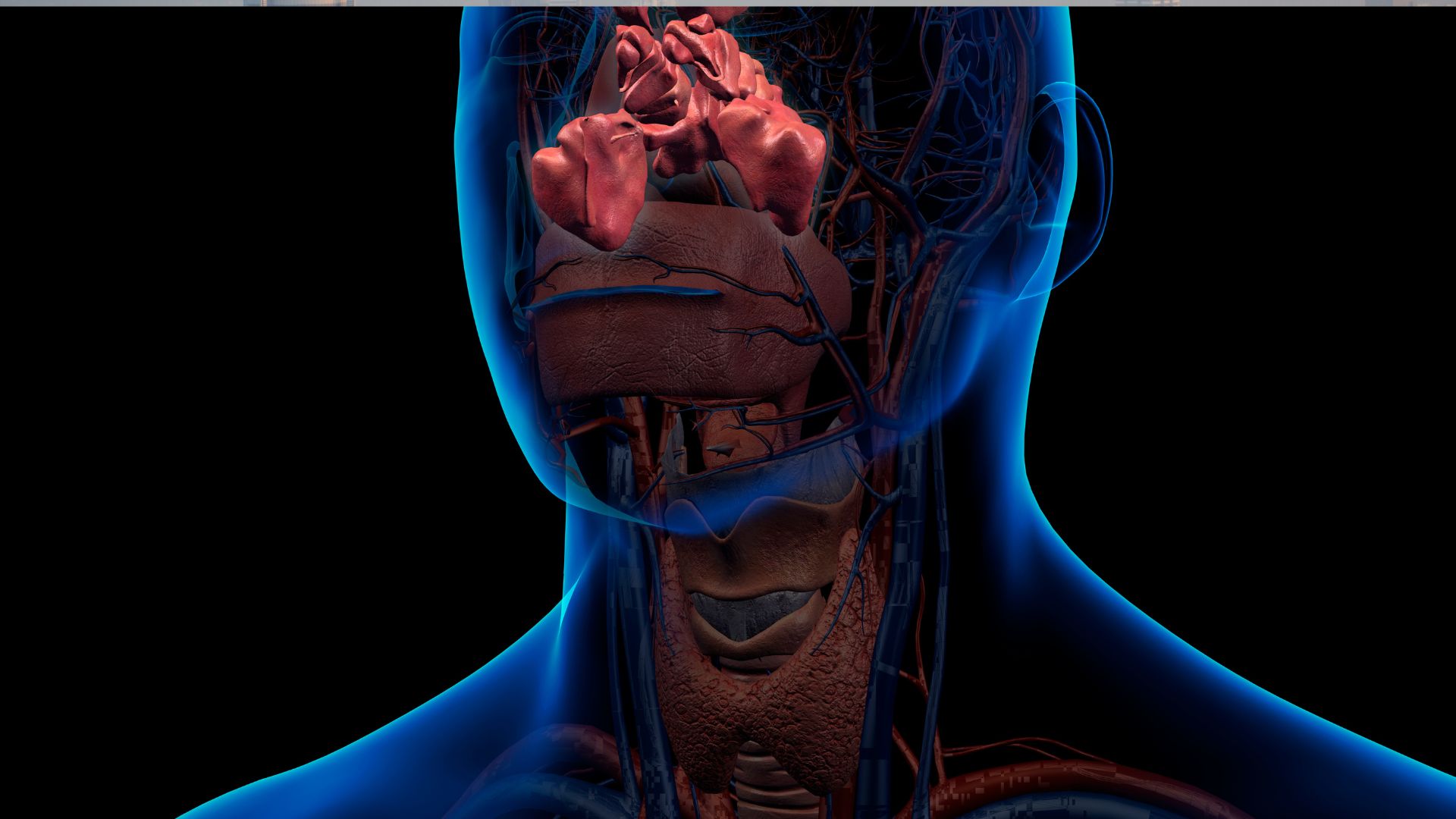Introduction to Chronic Sinusitis
Chronic sinusitis is a prevalent condition characterized by inflammation of the nasal sinuses lasting for 12 weeks or more. It significantly impacts individuals’ quality of life, leading to symptoms such as nasal congestion, facial pain, and reduced sense of smell and taste.
Symptoms of Chronic Sinusitis
Nasal congestion is a hallmark symptom of chronic sinusitis, making it difficult to breathe through the nose. Additionally, individuals may experience facial pain and pressure, often concentrated around the cheeks and forehead. Nasal discharge, either thick and discolored or thin and clear, is another common symptom. Furthermore, chronic sinusitis can lead to a reduced sense of smell and taste, affecting one’s ability to enjoy food and detect odors.
Causes of Chronic Sinusitis
Several factors can contribute to the development of chronic sinusitis. Nasal polyps, small growths in the nasal passages, can obstruct airflow and promote inflammation. Allergies to environmental triggers such as pollen, dust, or pet dander can exacerbate symptoms. A deviated septum, a condition where the nasal septum is crooked or off-center, can impede proper drainage of the sinuses. Additionally, respiratory infections like the common cold or flu can lead to chronic inflammation of the sinuses.
Medical Management of Chronic Sinusitis
Medical management aims to reduce inflammation and alleviate symptoms. Nasal corticosteroids, such as fluticasone and mometasone, help decrease swelling in the nasal passages. Antihistamines like loratadine and cetirizine can alleviate allergy symptoms contributing to sinusitis. Decongestants such as pseudoephedrine and phenylephrine help shrink swollen nasal tissues, relieving congestion. In cases of bacterial sinusitis, antibiotics like amoxicillin or trimethoprim-sulfamethoxazole may be prescribed. Furthermore, saline nasal irrigation can help flush out mucus and improve nasal hygiene.
Surgical Options for Chronic Sinusitis
When medical management fails to provide relief, surgical intervention may be necessary. Functional Endoscopic Sinus Surgery (FESS) involves the insertion of an endoscope into the nasal passages to remove blockages and improve drainage. Balloon Sinuplasty is a minimally invasive procedure that widens the sinus openings using a small balloon catheter. Septoplasty corrects a deviated septum, enhancing airflow through the nasal passages. Turbinate reduction reduces the size of swollen nasal turbinates, improving nasal airflow.
Pros and Cons of Medical and Surgical Approaches
Medical management offers non-invasive options for symptom relief, but it may not address underlying structural issues. Surgical approaches provide more long-term solutions by addressing anatomical abnormalities but carry risks of complications and require recovery time.
Lifestyle Changes to Manage Chronic Sinusitis
In addition to medical and surgical interventions, certain lifestyle modifications can help manage chronic sinusitis. Avoiding allergens such as pollen, dust, and pet dander can reduce symptom severity. Humidification of indoor air can prevent nasal passages from drying out, easing congestion. Practicing good nasal hygiene, including regular saline nasal irrigation, can promote sinus health. Furthermore, quitting smoking can decrease inflammation and improve overall respiratory health.
Integrative and Alternative Therapies
Integrative and alternative therapies may offer complementary approaches to traditional medical treatment. Acupuncture has been shown to reduce sinusitis symptoms by promoting circulation and reducing inflammation. Certain herbal remedies, such as Echinacea and goldenseal, may possess anti-inflammatory and immune-boosting properties. Probiotics, particularly those containing Lactobacillus and Bifidobacterium strains, may help rebalance gut microbiota and modulate immune responses.
Conclusion
Managing chronic sinusitis requires a comprehensive approach encompassing medical, surgical, and lifestyle interventions. While medical management aims to alleviate symptoms, surgical options provide long-term solutions for structural abnormalities. Lifestyle changes and integrative therapies can complement traditional treatments, offering additional symptom relief and promoting sinus health.
FAQs
- Is chronic sinusitis contagious?
- No, chronic sinusitis is not contagious. It is often caused by inflammation rather than infection.
- Can chronic sinusitis lead to complications?
- Yes, untreated chronic sinusitis can lead to complications such as sinus infections, meningitis, or abscesses.
- How long does it take to recover from sinus surgery?
- Recovery time varies depending on the type of surgery and individual healing factors, but most patients can expect to return to normal activities within a week to 10 days.
- Are there any natural remedies for managing chronic sinusitis?
- Yes, natural remedies such as saline nasal irrigation, steam inhalation, and herbal supplements may provide symptom relief for some individuals.
- Can allergies trigger chronic sinusitis?
- Yes, allergies to environmental triggers such as pollen, dust, or pet dander can exacerbate chronic sinusitis symptoms.
About Author:
Dr. Vivek Kumar Pathak: Renowned ENT Surgeon, Senior Professor, and Founder.
Dr. Pathak, ENT surgeon at Kailash Hospital, Senior ENT Professor at Sharda University, and founder of Entegrity Care, brings expertise and innovation to healthcare. Discover the visionary behind Doxtreat Healthcare, shaping the future of ENT care.
Website www.drvivekpathak.com
Call +917838450942
WhatsApp +91 78384 50942
Book an appointment with Dr. Vivek kumar Pathak by filling the form.


